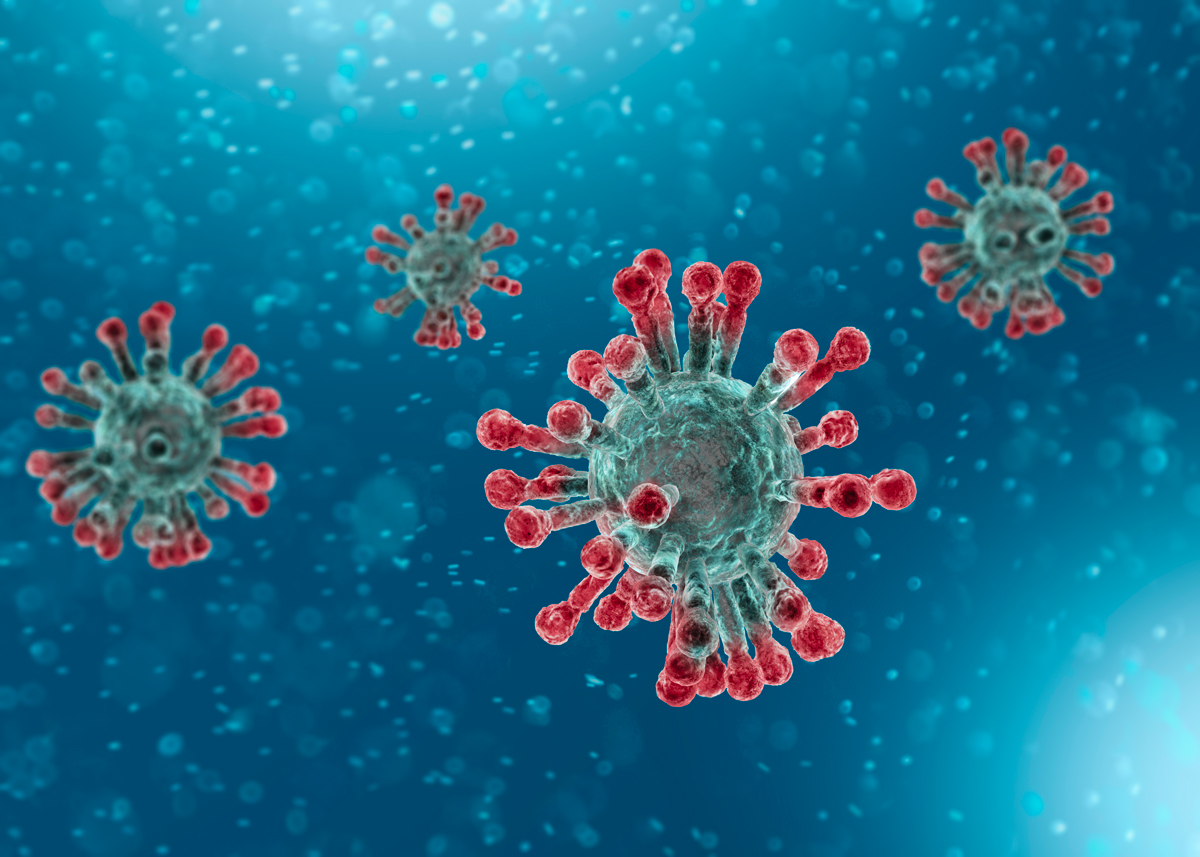
The death toll from the new coronavirus outbreak has surpassed that of the Severe Acute Respiratory Syndrome (SARS), with more than 900 fatalities, according to the latest health figures.
The global death toll during the SARS outbreak of 2002-2003 was 774, while more than 8000 people were reportedly infected between November 2002 and July 2003.
As of 11 February 2020, there have been about 40,626 confirmed cases of novel coronavirus and 910 reported deaths across the world.
Coronaviruses (CoV) refers to a family of viruses that cause illness ranging from the common cold to more severe diseases such as Middle East Respiratory Syndrome (MERS-CoV) and Severe Acute Respiratory Syndrome (SARS-CoV).
The 2019-nCoV, also known as the Wuhan coronavirus, is a novel or new coronavirus, that was first identified in humans in Wuhan, China, in December 2019.
There have been 15 cases of novel coronavirus in Australia, including five in Queensland, four in NSW, four in Victoria and two in South Australia. The fatality rate is currently 2.24 per cent.
All cases in Australia have come from Wuhan except one in NSW who had contact in China with a confirmed case in Wuhan.
Earlier this month the World Health Organisation (WHO) has declared the new strain of coronavirus a public health emergency of international concern. The decision was announced after a Geneva meeting of the international organisation’s emergency committee.
Hand hygiene critical amid outbreak
Darran Leyden, managing director of industrial cleaning products manufacturer, Whiteley Corporation, told INCLEAN the promotion and education of hand hygiene is critical to preventing the spread of infectious microorganisms including coronavirus.
“Unfortunately, with the Coronavirus(2019-nCoV) now on our own doorstep, it’s only a matter of time before we have more confirmed cases in Australia. Every institution should be re-evaluating their infection prevention procedures,” Leyden told INCLEAN.
“Cleaning companies and facilities should be implementing good hygiene practices. Whether it’s as simple as making sure products such as tissues are put in the bin straight away after use, or ensuring if [staff] are using neutral detergents they make sure every surface is cleaned thoroughly and regularly.”
According to Leyden the disinfection of high touch areas as well as regular hand washing is critical, adding demand for surface disinfection and hand hygiene products has “skyrocketed” for the medical and industrial cleaning products manufacturer.
“When people touch surfaces, they transmit pathogens or infectious material from the surface onto others and potentially onto themselves, so regular hand hygiene is important.
“Wash hands if they are visibly soiled using soap and water, then perform hand hygiene using an alcohol-based hand rub on a regular basis. This is vital if you are in physical contact with other people and surfaces, and is critical in keeping both staff and workplaces safe.”
Comment below to have your say on this story.
If you have a news story or tip-off, get in touch at info@13.238.154.125.
Sign up to INCLEAN NZ’s newsletter.